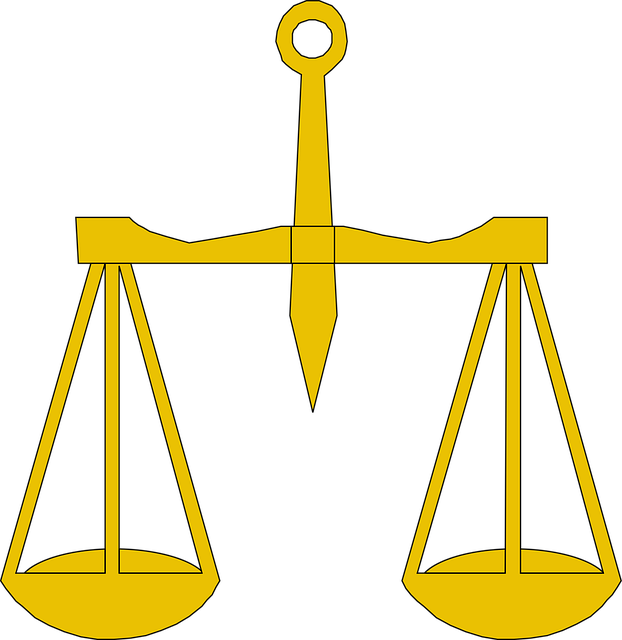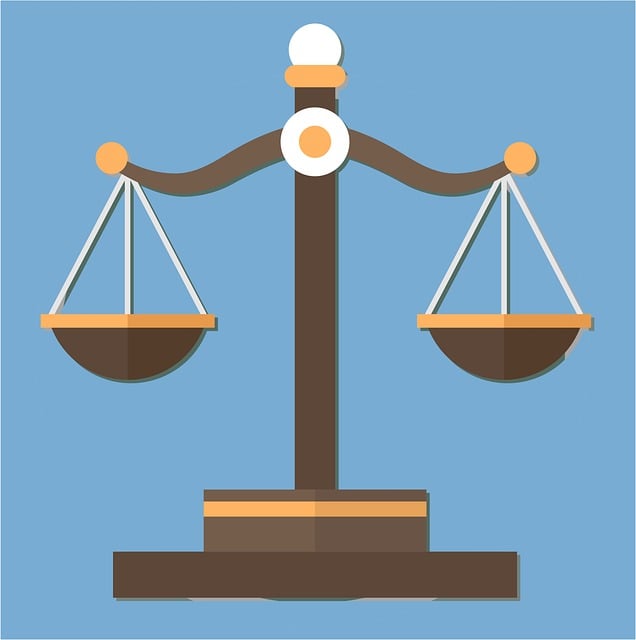Consumer protection laws guard against unfair practices in transactions. Legal Representation in Administrative Hearings is vital for disputes, where attorneys guide clients through complex legal processes, protecting rights and seeking exceptional outcomes, especially in white-collar crimes. Specialized representation ensures understanding of unique hearing procedures, involves strategic preparation, case law research, and advocacy to secure favorable decisions, from criminal defense to civil disputes. Robust Legal Representation in Administrative Hearings builds strong consumer protection cases, impacting businesses and consumers, with appeals processes ensuring fair resolutions through skilled attorney advocacy.
Consumer Protection Suits: Navigating Complex Legal Landscapes for Justice. This comprehensive guide delves into the intricate world of consumer rights, focusing on crucial aspects of legal representation in administrative hearings. From understanding the reach of protection laws to mastering hearing procedures, strategic evidence presentation, and post-hearing appeals, it equips consumers with knowledge for effective advocacy. Discover key insights on how skilled legal representation can ensure fairness and deliver much-needed relief in complex consumer disputes.
- Understanding Consumer Protection Laws and Their Reach
- Navigating Administrative Hearings: Rights and Procedures
- Legal Strategies for Effective Representation in Hearings
- Building a Strong Case: Evidence and Testimony
- Post-Hearing Outcomes: Appeals and Consumer Relief
Understanding Consumer Protection Laws and Their Reach

Consumer protection laws are a vital framework designed to safeguard individuals from unfair or deceptive practices in their daily transactions. These laws cover a wide range of activities, from product quality and pricing transparency to advertising claims and data privacy. Understanding these regulations is crucial for both consumers and businesses alike, as it ensures fair competition and protects the rights of buyers.
In cases where disputes arise, legal representation in administrative hearings plays a significant role. Skilled attorneys can guide clients through complex legal processes, ensuring their rights are upheld. By employing strategic arguments and presenting compelling evidence, these professionals aim to achieve extraordinary results for their respective business clients, especially when dealing with white-collar and economic crimes.
Navigating Administrative Hearings: Rights and Procedures

Navigating Administrative Hearings involves understanding specific rights and procedures that differ from traditional jury trials. When facing consumer protection suits, individuals often require Legal Representation in Administrative Hearings to protect their interests effectively. This representation ensures for his clients that they are well-informed about the process and can present their case competently.
The proceedings usually take place before an administrative law judge or a panel, who acts as both the judge and decision-maker. Unlike courtrooms, these hearings focus on fact-finding and resolving disputes without a jury. The process starts with preparing detailed documents outlining the facts, arguments, and evidence to support the case. During the hearing, participants present their cases, cross-examine witnesses, and offer legal arguments. Ultimately, the administrative law judge issues a decision, which can result in complete dismissal of all charges or other remedies, depending on the outcome.
Legal Strategies for Effective Representation in Hearings

When representing clients in administrative hearings, whether for corporate or individual clients, a robust legal strategy is paramount. This involves meticulous preparation to navigate complex regulatory frameworks and present compelling arguments. Effective representation includes thoroughly researching case law relevant to the specific jurisdiction, understanding the unique rules governing the hearing process, and constructing a strategic narrative that aligns with both the client’s interests and the applicable laws.
The goal is often to secure favorable outcomes, including winning challenging defense verdicts in situations ranging from general criminal defense matters to civil disputes. Skilled legal representation should not only challenge adverse evidence but also scrutinize procedural aspects, ensuring compliance with due process rights. By employing strategic tactics, attorneys can defend their clients’ interests, advocate for their rights, and ultimately achieve positive outcomes in these critical hearings.
Building a Strong Case: Evidence and Testimony

Building a strong case for consumer protection suits requires robust evidence and compelling testimony. Legal representation in administrative hearings plays a pivotal role here. Skilled attorneys can navigate complex regulations, ensuring that all relevant information is presented clearly and persuasively. They help clients gather and organize documentation, including contracts, communications, financial records, and any other proof of deceptive or harmful business practices.
Testimonials from affected consumers carry significant weight, providing firsthand accounts of experiences with the respective business. This evidence, coupled with expert analysis and legal argument, can lead to favorable outcomes in administrative proceedings. By presenting a comprehensive case, attorneys aim to not only avoid indictment but also secure remedies that protect consumers and encourage ethical practices within philanthropic and political communities alike.
Post-Hearing Outcomes: Appeals and Consumer Relief

After an extensive hearing process, the outcome can significantly impact both businesses and consumers involved in consumer protection lawsuits. Appeals are a common next step for either party, allowing them to challenge the decision made by the administrative tribunal. This appeals process offers an opportunity to present new evidence or legal arguments that might have been overlooked during the initial hearing.
Successful legal representation in administrative hearings plays a pivotal role in determining post-hearing outcomes. Skilled attorneys can advocate for their clients’ rights, ensuring they receive fair compensation or a favorable ruling. In cases where businesses are found liable for consumer protection violations, relief measures such as refunds, damages, or changes to business practices may be ordered. Conversely, a winning challenging defense verdict can protect businesses from unwarranted legal repercussions, demonstrating the importance of robust legal representation in administrative proceedings, alongside general criminal defense strategies and the potential for jury trials.
Consumer protection suits are critical in ensuring businesses uphold their responsibilities, safeguarding consumers’ rights, and promoting fair market practices. Navigating these legal processes requires a deep understanding of consumer protection laws and effective strategies for legal representation in administrative hearings. By mastering evidence presentation, witness testimony, and post-hearing outcomes, consumers can access relief and hold businesses accountable. Engaging professional legal counsel specializing in consumer protection is vital to navigating these complex proceedings, ensuring the best possible outcome for affected individuals.






